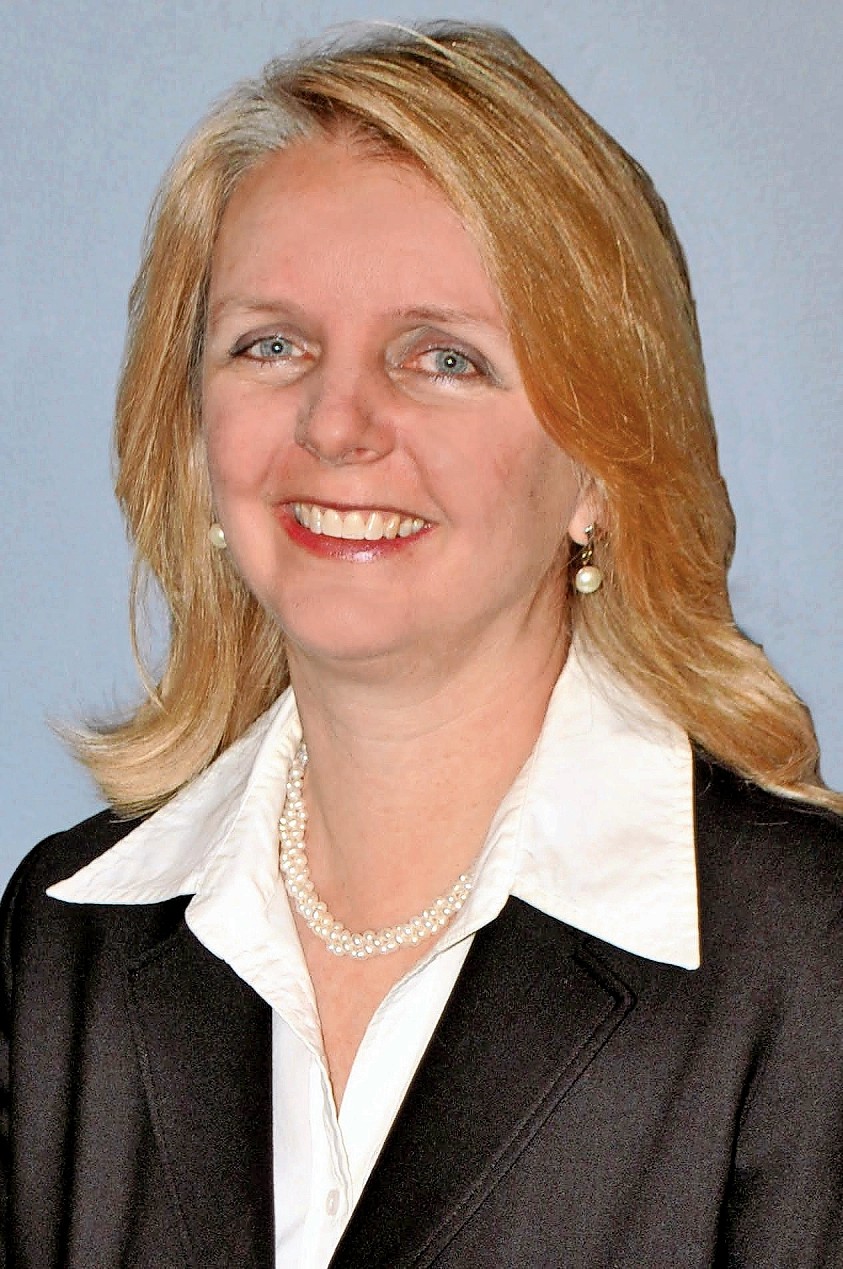Nassau County approves 10-year tax reassessment plan
Phase-in would bring all properties to full value
The Nassau County Legislature voted 14-3 on Monday to approve a 10-year phase-in to bring all properties across the county in line with their actual market values. If it is completed, it would be the first time since former County Executive Ed Mangano was inaugurated in 2010 that the county’s property rolls were current and accurate.
The proposal was one of three that had been considered: a two-year phase-in; the 10-year plan; or an immediate adjustment to take effect in the next tax cycle. Only the second plan was considered in Monday’s vote.
Under the plan, property owners whose homes or businesses have been under-assessed will see rates increase, with a cap of 6 percent in any one year and no more than 20 percent in any five-year period.
The issue of property valuation and the grievance process have plagued Nassau residents for years, according to County Legislator Carrié Solages, a Democrat of Elmont, in a commentary to the Herald. (Click here for editorial.) Those who successfully grieved their assessments saw them decrease, while those who did not grieve saw them stay the same or even increase. “This system transferred $1.7 billion in taxes from those who appealed successfully to those that didn’t, by increasing tax rates on school, county, town and special district taxes,” Solages wrote.
For example, in East Williston, where a majority of homeowners grieved their taxes, the average total assessment was $273,000, or 43 percent of market value, Solages wrote. The average full market value was $652,000.
It was difficult to estimate how many taxpayers would be affected by the change. “Mangano tore up the tax rolls and then gutted the county assessor’s office,” said 5th District Legislator Debra Mulé, a Democrat from Freeport. Nor was it was easy to draw conclusions based on income levels or other socio-economic indicators. But only 28 percent of taxpayers in Hempstead broke even, according to the spreadsheet that accompanied Solages’s letter to his fellow legislators, compared with nearly 68 percent in Garden City. In Elmont, the figure was 50 percent; in Franklin Square it was almost 57 percent. That is, in Elmont and Franklin Square, nearly as many taxpayers were overpaying as underpaying.
Both Mulé and Solages conducted workshops on how to file an appeal. Mulé said she had led three since her swearing-in in January, including one last week that she co-led with Minority Leader Kevan Abrahams of the 1st District. “I believe most legislators do them,” she said, adding that hers had all been “very well attended.”
Solages and Mulé both favored the two-year plan, but “the Republican majority won’t accept it,” Mulé said. The only other option acceptable to the majority was an immediate adjustment. “This plan would be the quickest way to reassess and ensure everyone is paying their proportionate fair share,” Solages wrote. “However, those who have grieved successfully and are currently greatly under-assessed would potentially see large tax increases.”
“Such big tax increases just aren’t politically viable,” Mulé said. “But even if they were, an immediate increase to full market value would be unfair to those people who had grieved. Everybody wants to pay less tax. They shouldn’t be penalized for it. The 10-year phase-in isn’t a perfect plan, but it gets us going in the right direction.”
Both Solages and Mulé agreed that the issue wasn’t a racial one. “There are lots of reasons why people might not file grievances,” Mulé said. “They might not have the education or access to the right information; they might not be able to afford a professional or know they can do it themselves. That’s why we’ve been doing the workshops.”
Both the acting assessor and his assistant were unavailable to comment.
Last month, County Comptroller Jack Schnirman announced that his office would undertake a complete audit of the Assessment Review Commission, the agency responsible for grievances. “We want the public to have a crystal-clear understanding of the process,” Schnirman said at the time. “We want to take a look at whether there’s any difference between the outcomes from taxpayers handling their own grievances and those that are handled by specialized representatives. There’s been a whole cottage industry that’s grown up around the grievance process.”
Schnirman mentioned cases in which two homeowners on the same block, with roughly the same type of property, nevertheless ended up with wildly different assessments. “We want to know whether these companies get different results, and if so, we want to understand the what and why,” he said.
For Mulé, the issue was one of simple fairness. “People shouldn’t have to grieve their taxes to ensure they’re paying their fair share,” she said.

 49.0°,
Fair
49.0°,
Fair 








